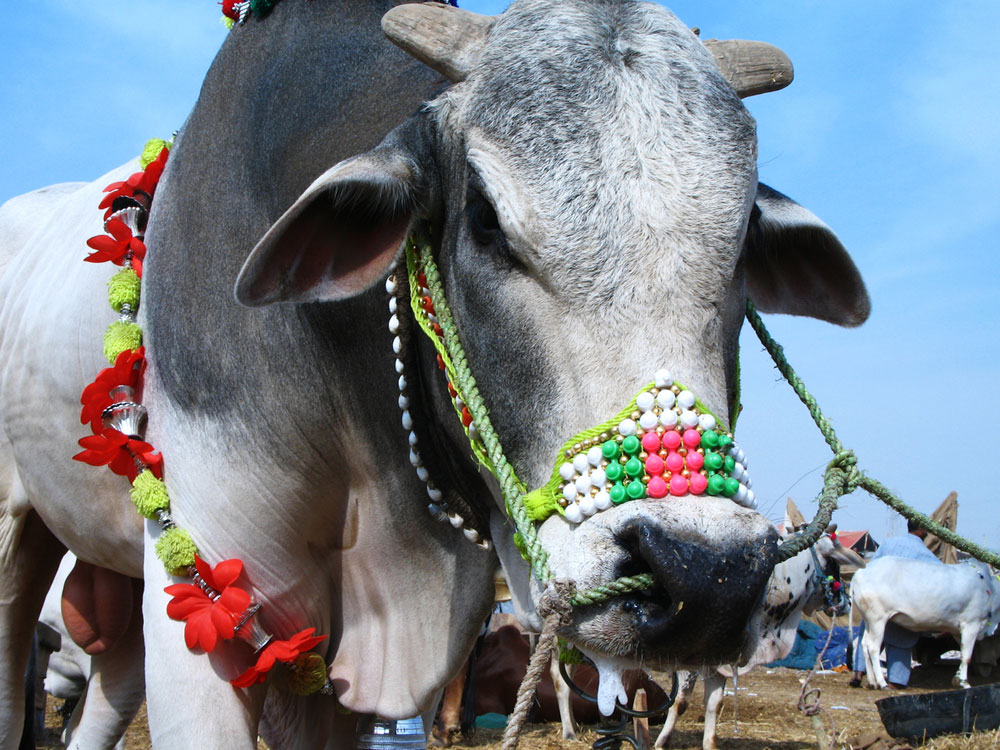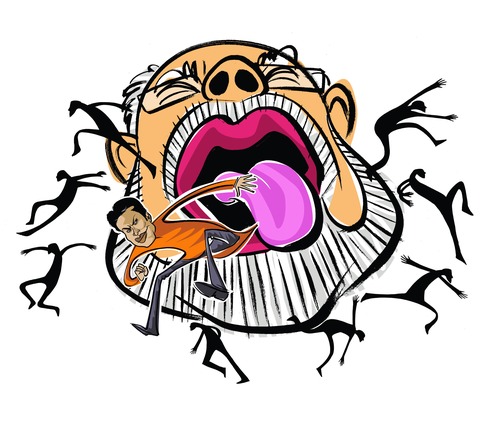Political language, claimed George Orwell, is designed to give an appearance of solidity to pure wind. One could be forgiven for thinking that it was present-day India that he spoke of. Each year, Indians are treated to rare bits of wisdom that leave them torn between laughter — at the absurdity of the statements — and tears — at the state of public discourse in India. As the year draws to a close, a review of some of the pearls of wisdom disseminated in 2018 might be a good yardstick to measure the depths to which politics in India has plummeted.
The year began, fittingly, by going back to the beginning of the human race. No less than the Union minister for higher education, who holds a degree in science, claimed that since no one has ever seen “an ape turn into a human being”, implying that Darwin’s theory of evolution must be a figment of imagination. If only India’s masses had the minister’s astuteness, many a person would have been spared some misery. After all, no one saw the four Dalit youths, who were flogged in Una, slaughter a cow. But such small facts cannot be allowed to stand in the way of protecting the holy cow. Even Humayun on his death bed, a state BJP chief said, reminded his son, Babur, about this. To point out a factual error here would divert attention from the fact that cow slaughter can allegedly wreak havoc like the floods in Kerala if one is to believe the Bharatiya Janata Party member from Karnataka. To him “hurt Hindu religious beliefs”, not illegal activities like quarrying in the fragile Western Ghats that blocked streams which could have reduced the intensity of the floods, are the bigger worry.
Perhaps environmental exploitation is just a rumour, though, spread by the sceptical media. They might learn a thing or two then from Narada, the most ancient of scribes according the deputy chief minister of Uttar Pradesh. The mythical wandering minstrel was also compared to Google — he was a man of information just like the search engine with an answer to every query, said the chief minister of Gujarat. And who can contest this? Was not Narada famous for his mischief, privileging certain people with a specific set of data much like Google? The mystic, however, was not the only proof of the advancement in ancient — imagined? — India. Another chief minister thought that Sanjaya, the charioteer in Mahabharata, must have searched the internet for updates on the war to relay to his king.
Such ‘innocuous’ displays of unreason have become par for the course for Indians. Statesmen and women reached new lows with personal attacks too. Be it Sharad Yadav calling the former chief minister of Rajasthan “fat”, or the prime minister comparing the laughter of a parliamentarian to an ogress from the epic, vituperative statements have been slung back and forth across the political spectrum. Yet, even such petty insults seem harmless before the more sinister, divisive intent of those who sought to make Hanuman first a Dalit and then a Muslim to suit the constituency of voters being addressed. It is customary to take such proclamations with a pinch of salt. But that may not be wise. Ludicrous as they may seem, these comments have steadily eroded the quality of public discourse. In a country burdened with poverty, illiteracy and inequality, such fantastic tales shift the focus to subjects that are far removed from reality.












